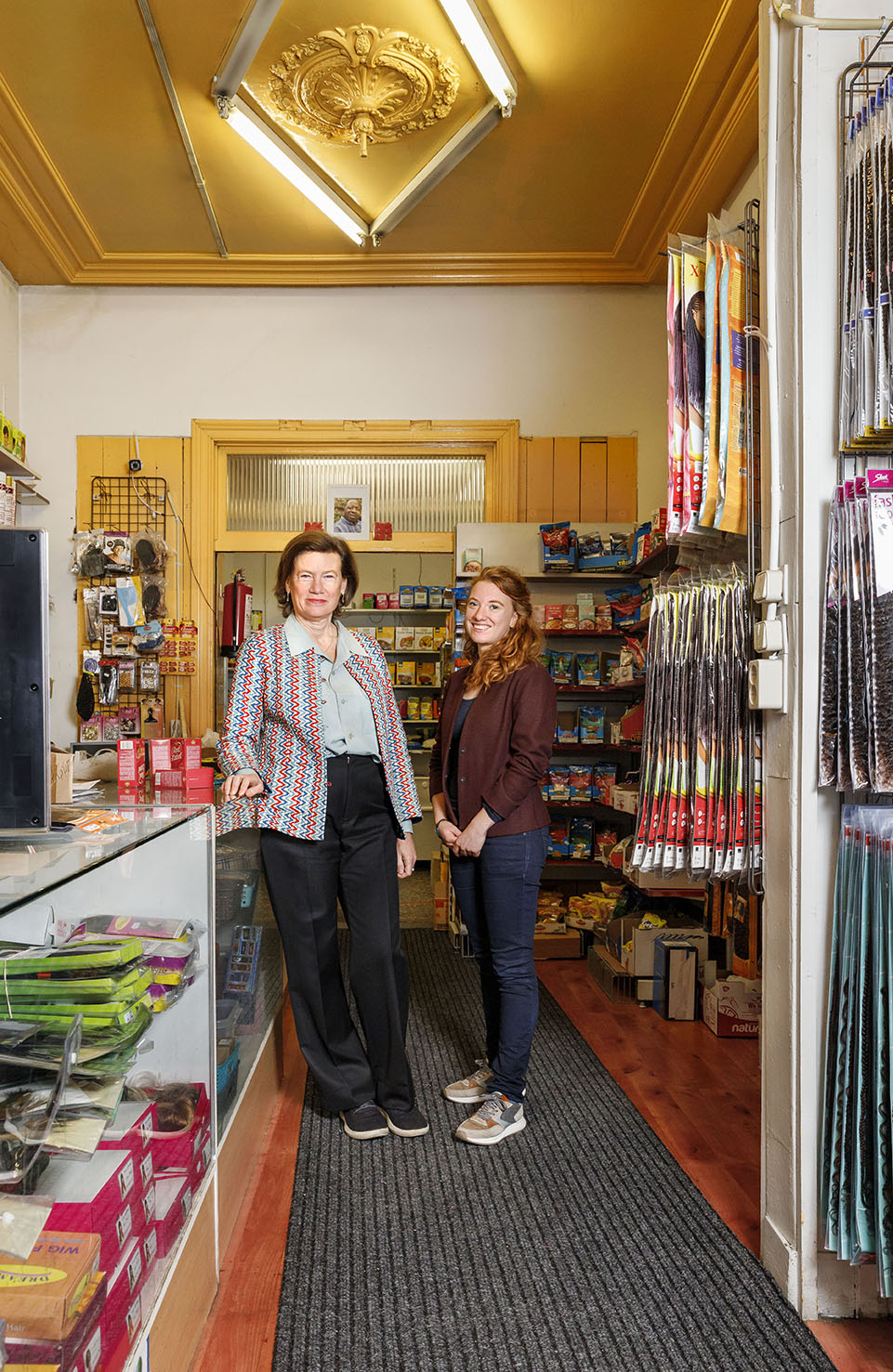Maastricht after graduation: to stay or to go?
South Limburg is a shrinking region. The population has long been in decline, partly because young people are leaving in droves, headed either for the Randstad or abroad. As part of her PhD at Maastricht University, Inge Hooijen investigated why young graduates in particular tend to cash in on their knowledge elsewhere. Her six-year search, supervised by Frank Cörvers, gave rise to some surprising conclusions.
The Meuse–Rhine Euregion has one of the highest concentrations of universities and universities of applied sciences in Europe. But a thriving education sector is no guarantee of long-term regional prosperity. Much to the chagrin of local administrators and politicians, a relatively large number of graduates leave South Limburg to build a life elsewhere. Fewer young people means an ageing population, capital flight and, typically, lower economic growth—not exactly a recipe for success in the face of global competition. What can be done about it?
Quality of life
The answer seems obvious: create more challenging jobs, offer better career prospects. Right? “Economic motives such as salary and opportunities for promotion certainly play a role,” says Inge Hooijen, who, like her supervisor Frank Cörvers, was born and raised in South Limburg. “But my research shows that other factors are important too: quality of life, contact with local residents, tolerance and ethnic diversity. In our study, the average technical knowledge worker prefers a suburban living environment—something outside the city, with more greenery, more space. Facilities are less of a deciding factor. So when it comes to recruiting and retaining people, the attractiveness of a region is definitely important.”
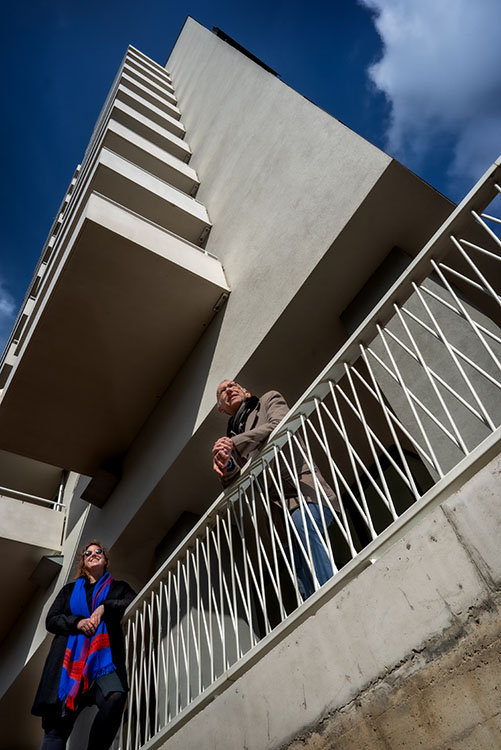
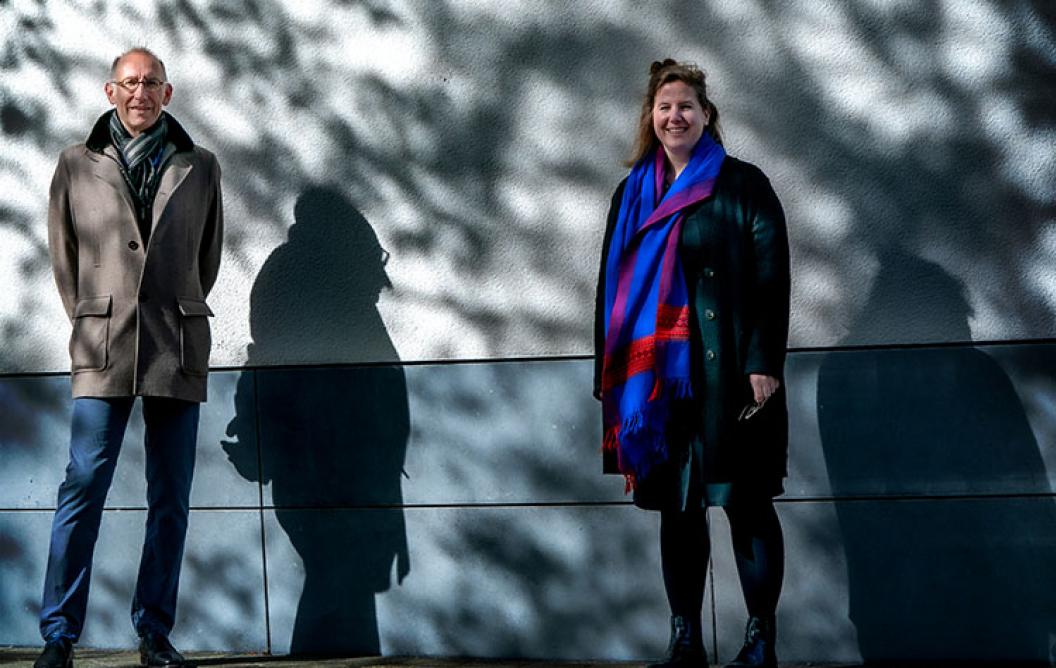
One of her conclusions was that unexpected events and personality traits like extraversion also play a role. “Whether a person perceives a place as attractive or not depends on subjective assessments and lifestyle choices, and is influenced by individual characteristics. Having a relationship or not, the proximity of family and friends, the prevalence of crime, and the presence of places of worship, cultural provisions and sports facilities all influence mobility.”
Technical people
Frank Cörvers was intrigued by these findings. A professor focused on the labour market, he has worked on numerous studies and publications analysing—and, where possible, predicting—the choices made by companies and people. “Inge and colleagues have shown that the majority of students in the Euregion intend to leave after graduation. Doing an internship in the region increases the chances of staying. It broadens their network, helps them get to know the area and see what’s on offer. That can entice them to stay and look for a job locally.”
Data analyses
After a bachelor’s and two master’s degrees, in late 2014 Hooijen took up a PhD position in Maastricht. “The research topic suited my interests and background, and Frank and I had an immediate click. It took some time to find the right approach. An assignment to collaborate with urban planners came along at exactly the right time; we were commissioned to investigate how employees of the Chemelot industrial complex view their living and working situation. We also collaborated with colleagues from UNU-Merit’s Migration Group to map the mobility intentions and actual mobility behaviour of future and recent graduates in the region. Later, a sub-study was added focusing on the city of Maastricht. In the last few years we’ve collected an enormous amount of data through online surveys and interviews and were able to find thousands of respondents.”
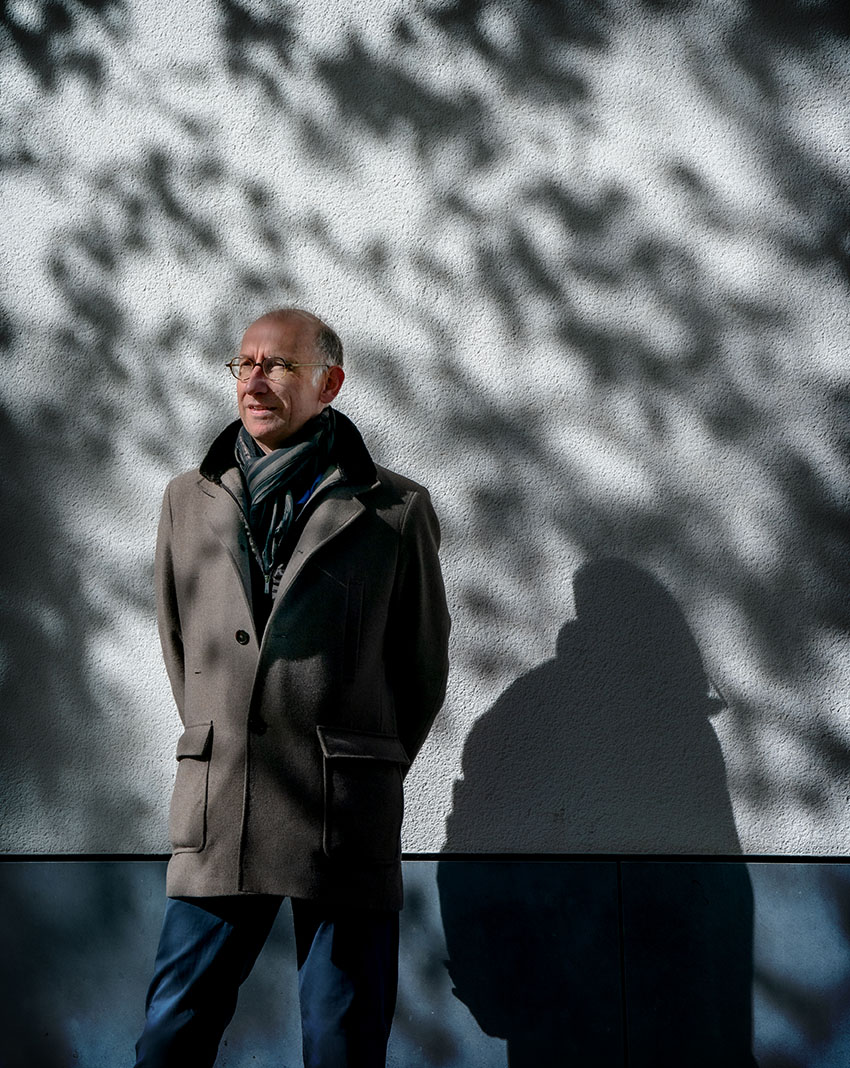
Frank Cörvers studied general economics in Maastricht and Hanover and obtained his PhD at UM for his research on the influence of education and training on the international competitiveness of manufacturing sectors. He now combines the chair in Demographic Transition, Human Capital and Employment at UM with the research programme Human Capital in the Region at the Research Centre for Education and the Labour Market (ROA). He represents ROA in Neimed, Limburg’s centre of expertise on demographic change. He is also scientific director of the UM Graduate School of Business and Economics (GSBE) and part-time professor in the Teacher Labour Market at Tilburg University.
Extra exciting
This was the first time Cörvers had served as the main supervisor of a PhD candidate. “It was very special, yes, that made this PhD extra exciting. Inge’s done a great job and her research will definitely help policymakers to make the right decisions in the future. High-quality knowledge has become a key factor in local and regional development. In the case of shrinkage, that knowledge is lost. That’s why we want to understand the factors that entice people to stay. Why they make certain choices, what they find important. Governments and policymakers can then use this information to guide their policies for the housing market, infrastructure, education. A great deal of spatial policy is based on paradigms emphasising growth, but the effectiveness of such an approach is questionable. It makes sense to consider alternative approaches too, like the development of local labour markets and personal networks.”
After six years of academic research, Hooijen is now focused on her own research agency. “I’ve learnt a lot and would like to put that knowledge to good use. I want to find out how shrinking regions such as South Limburg can take full advantage of their potential. Regions are always developing, that’s nice to see. This is my birthplace; this region is very close to my heart.”

Inge Hooijen studied Social Work at Zuyd University of Applied Sciences in Sittard, completed master’s degrees in London and Barcelona and did fieldwork in Istanbul. In 2021 she completed her PhD dissertation ‘Place attractiveness: A study of the determinants playing a role in residential settlement behaviour’ at ROA. In addition to running her own research agency Regional Capital, she works as a researcher at Neimed and a lecturer in Employability at Zuyd University of Applied Sciences.
Also read
-
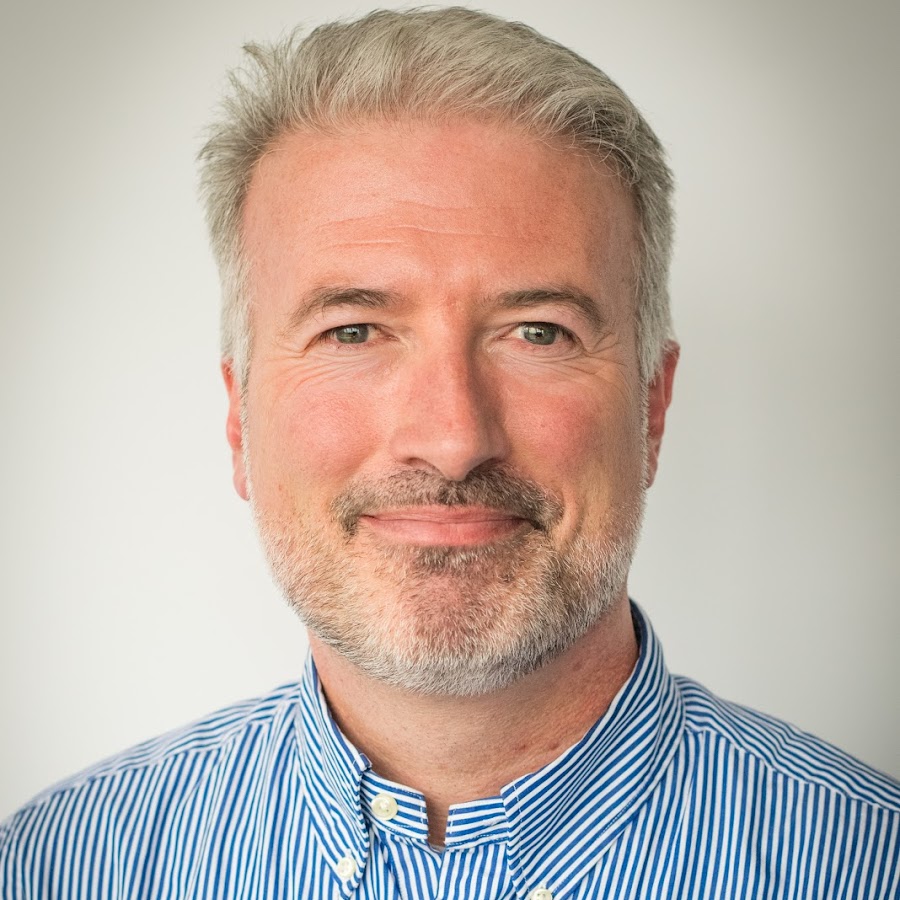
Frederik Claasen, the head of policy at our partner organisation Solidaridad Network on the opportunities and obstacles facing smallholder farmers in their data ecosystems.
-
The PhD research of Karlien Strijbosch focuses on Senegalese migrants who were forced to return home after a stay in Europe. Doing justice to such stories is no easy feat, especially when you come up against walls of silence, distrust and shame. Strijbosch and her supervisor Valentina Mazzucato...
-
In September Cengiz Akbulut was made head of the laboratory of the new Stem Cell Research University Maastricht (SCRUM). Here he discusses multiculturalism, the origin of life and his love of swing dancing.
- in Featured
- in Human interest
- in Researchers
